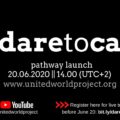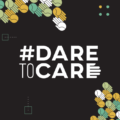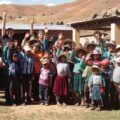
Workshop
Children: our active citizens!
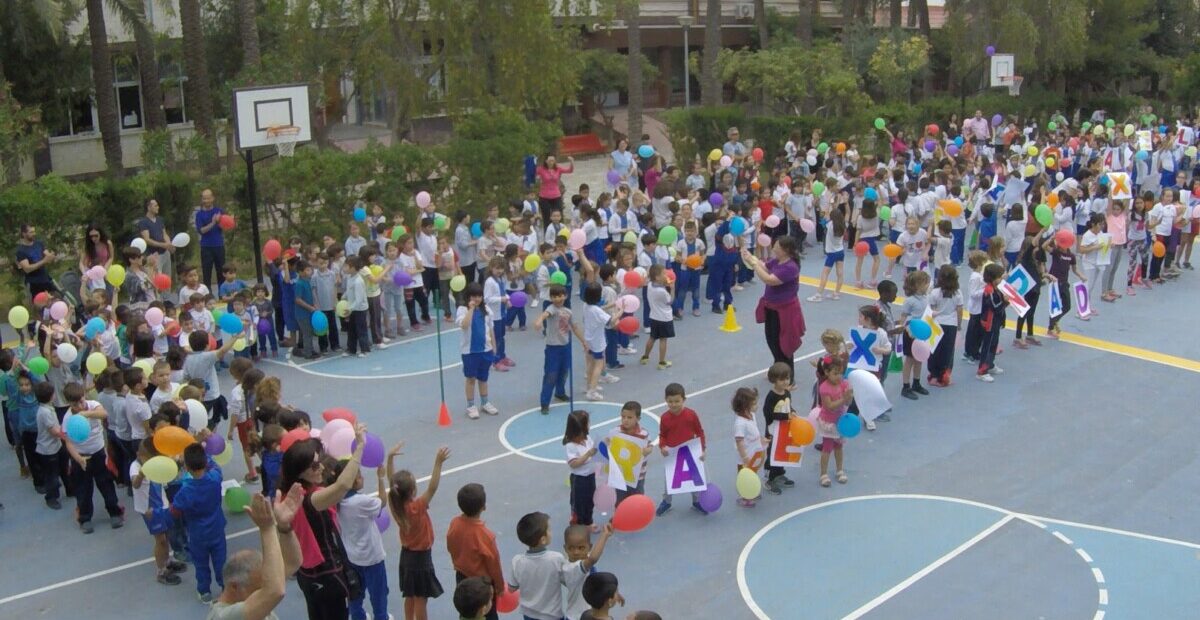
In Portugal they’re planting trees to replace woodlands destroyed in the terrible forest fires of 2018. In Italy in collaboration with the Community of Sant’Egidio they’re serving meals to the homeless. In the state of São Paulo in Brazil, they’re running a “Toys Exchange Fair”. In Burkina Faso they’re helping to sew anti-Covid face masks. This and much more in active citizenship projects promoted by the children of the Focolare Movement: the “gen4”.
Can children contribute to building a different kind of society, a different kind of city? Francesco Tonucci certainly thinks so. A renowned educationalist, since 1966 a researcher for Italy’s National Research Council (CNR), he is the creator of the international “La città dei bambini” (“The City of Children”) project. We need to rethink our cities from the child’s perspective, proposes Tonucci, and not from that of the adult, who so often travels around by car. Children, through their innovative ideas and proposals can play an active role in the process of change in the government and design of our cities and urban spaces.
A city designed for children is a city which is good for everyone
Francesco Tonucci
The “Bambini Cittadini” – “Child Citizens” Project, as part of the #daretocare campaign, also aims to give value to the role of children, enabling them to be protagonists, helping them to develop social capacity, and affording them full dignity within society wherever they find themselves.
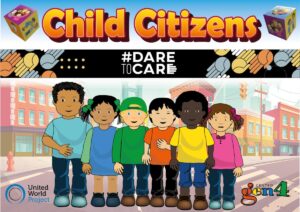
The project is promoted by the “gen4” Centers of the Focolare Movement, aimed at children and educators, to promote the active involvement of children between the ages of 4 to 9 years in carrying out pro-social initiatives, for the common good, in active citizenship and respect for nature. Milene Benjamin from the gen4 Centers explains, «The gen4 are children aged between 4 and 9 who are part of the Focolare Movement. They are in about 180 different countries. They encounter and live the spirituality of unity of Chiara Lubich. They live love for others which leads to a daily lifestyle of self-giving, of dedication to living for a more united world and spreading the values of peace and universal fraternity. Gen4 activities involve children who are members of different churches and ecclesial communities, as well as children from different religions and non-religious convictions». This experience leads to local actions and initiatives run by the children, encouraging dialogue which recognises and respects each one’s own identity, care for the environment and nature, help for the disadvantaged, and a real concern to heal the wounds of society in their own city. For example:
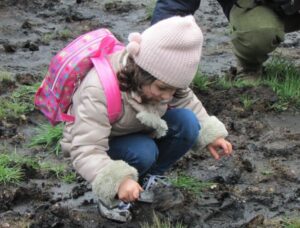
In Portugal
In 2018 a group of friends living around Carvalhal de Vermilhas watched in sadness as wild fires destroyed the woodland in their beautiful countryside. But soon they transformed their sadness into action by deciding to plant new trees on the hillsides. They selected the most robust oak saplings, so that, as they explained, “when we grow up, the oak trees will have grown with us!” They distributed leaflets inviting everyone, friends and relatives, young and old, to help them. When they had completed the hard work, they set aside their rubber boots and garden gloves and enjoyed a big picnic all together, with games and lots of fun. They went back the following year to check how the trees were progressing, and planted some more. This year, the pandemic meant they were unable to return to the wood. But a local association posted photographs of the oak trees showing – to their great joy – how well they are growing!

In Burkina Faso
In this West African country, the gen4 together with their families set themselves to sew protective face coverings which they gave out to those who needed them during the pandemic.
In Brazil
The gen4 in the state of São Paulo are the driving force behind the “Toys Exchange Fair” to mark World Children’s Day. Every child participating in the fair brings along some toys or games to exchange, on the understanding that they will only take home one toy for themselves. All the extra toys are to be given to poorer children. First choice is given to the youngest! The aim of this activity is to combat consumerism, help families to save money, and to help nature by recycling toys.
In Italy
The gen4 and their families living in the Italian cities of Pescara and Chieti, have been collaborating with the Comunity of Sant’Egidio in the distribution of food to the homeless in their area. For one week, every family pledges to prepare the evening meal for five people: sandwiches, fruit, water, a desert, with a card prepared by the children to express their love. The Community of Sant’Egidio volunteers said, «Some of those who received the sandwiches were moved by this gesture of friendship, particularly because it came from families and children. For example, one man who is always rather shy and reserved was given a package which happened not to contain one of these messages. After a short while he come to ask us if he could have his own card! We took one from another food parcel and gave it to him. He was so happy, but he wouldn’t let any of us read it! Another young man had politely declined our offer of food for him. But when we said the sandwich had been prepared by children, he read the message and started to eat and also shared some with a friend». Then the family of one of the gen4 received a Covid support grant. Because of participating in this activity, they decided to give it away to poorer immigrant families.
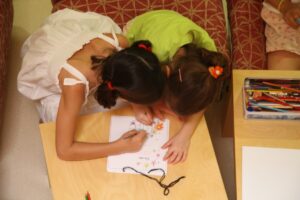
It’s these and many other similar experiences with children as protagonists, supported by adults, that inspired the idea of the “Child Citizens” Project. Small, often tiny, pro-social actions which generate reciprocity, giving, caring, caring for the environment and our cities, relationship-building between children of different cultures and religions, promoting peace. «Through this project we hope to create space for children to express themselves, to look around and say how they’d like society to be. For this, we need adults who are capable of listening to the children’s perspective,» explains Carina Rossa (LUMSA – Scuola di Alta Formazione EIS), responsible for the scientific coordination of the “Child Citizens” Project. «Children speak a different language. They have their own metaphors, they use their imaginations… There is a great truth within the proposals they make, even if to an adult mind it may seem fanciful, but innovative ideas start here! Their view is always looking to the future, towards what is new. I think it’s a viewpoint society should rediscover».
